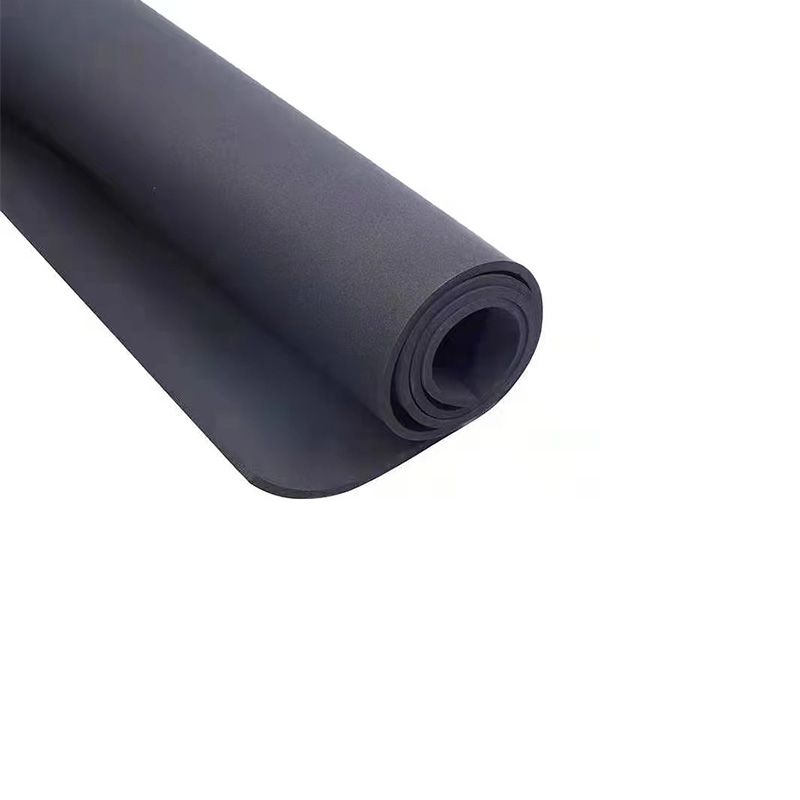Eco-friendly Jute Bags for Sustainable Fashion and Everyday Use in Modern Living
The Versatility and Sustainability of Jute Bags
In recent years, there has been an increasing awareness of the environmental impact of plastic bags, leading to a surge in the popularity of sustainable alternatives. One of the most notable options is the jute bag, a product derived from the jute plant, which is known for its strength, durability, and versatility. As consumers become more conscious of their choices, jute bags have emerged as a prime example of how sustainable materials can be utilized in everyday life.
Jute, often referred to as the golden fiber, is a natural, biodegradable, and eco-friendly fiber that has been used for centuries. It is primarily grown in South Asia, particularly in countries like Bangladesh and India. The cultivation of jute requires minimal resources, as it grows well with rain-fed water and is often cultivated in poor soils. This low-impact farming not only provides an income for farmers but also contributes to the health of the local ecosystem.
The Versatility and Sustainability of Jute Bags
The versatility of jute bags extends beyond their durability. They come in a variety of sizes, shapes, and designs, making them suitable for numerous purposes. From grocery shopping to beach outings and even as fashionable tote bags, jute bags are a stylish and practical alternative to traditional carriers. Moreover, they can be customized and printed with logos, making them an excellent choice for businesses looking to promote their brand while being environmentally responsible.
bag jute

Sustainability is at the core of the jute bag movement. Using jute bags instead of plastic ones contributes to reducing the amount of plastic waste that ends up in landfills and oceans. Plastic pollution is one of the most pressing environmental issues today, threatening marine life and ecosystems worldwide. By opting for jute, consumers can actively participate in the fight against plastic pollution.
In addition to their environmental benefits, jute bags also support fair trade practices. Many jute products are handcrafted by local artisans, providing them with sustainable livelihoods and empowering communities. By purchasing jute bags, consumers are not only choosing an eco-friendly option but also supporting ethical production practices. This creates a positive cycle that benefits both the planet and the people involved in the jute industry.
However, despite the many advantages of jute bags, awareness and education are crucial for encouraging their widespread adoption. Many consumers are still unaware of the environmental impacts of plastic and the benefits of switching to sustainable alternatives. Consequently, campaigns promoting jute bags as eco-friendly options can play a vital role in shifting consumer behavior.
In conclusion, jute bags represent a sustainable, durable, and versatile alternative to plastic bags. They not only serve practical purposes but also contribute positively to the environment and support fair trade practices. As the world becomes more aware of ecological issues, the demand for jute bags is likely to grow. Embracing jute is not just a step towards sustainability; it is a choice for a healthier planet and a brighter future. By making informed decisions, individuals can create a significant impact, one jute bag at a time.
Share
-
The Best Lubricants for Aluminum Roller GuidesNewsJul.23,2025
-
Slitting Machine Applications in the Packaging IndustryNewsJul.23,2025
-
Rolling Roller Balancing Techniques for Smooth OperationNewsJul.23,2025
-
How To Optimize An EV Battery Assembly LineNewsJul.23,2025
-
Energy Efficiency in Modern Battery Formation EquipmentNewsJul.23,2025
-
Automation Trends in Pouch Cell Assembly EquipmentNewsJul.23,2025







